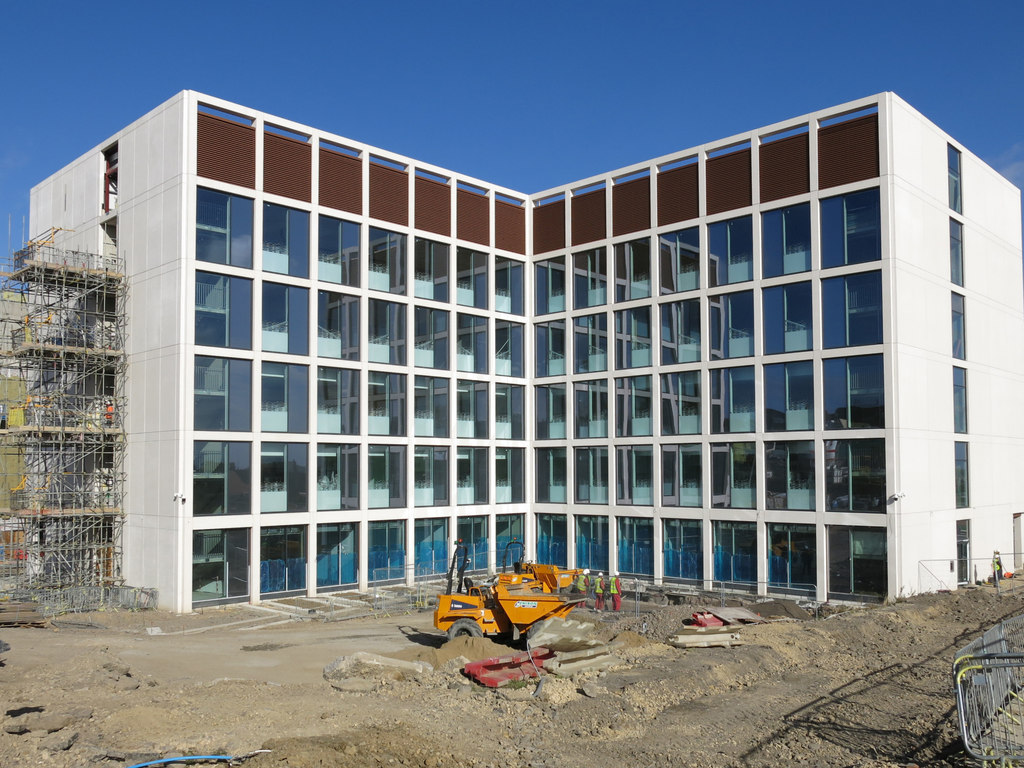One of Christ’s best-known parables is the Parable of the Talents, but its familiarity disguises just how strange and unsettling its message is. It is a parable of a master who departs on a journey and entrusts three servants, each according to his ability, with his property. Each receives five, two, or one talent(s), respectively.
The ablest servant departed, immediately put the money to work, and doubled his master’s talents. The servant entrusted with two talents did the same. But the servant entrusted with one talent, supposing his master to be a hard man who reaps where he does not sow, fearfully hid his talent in a hole in the ground. When the master returned, he commended the first two servants, “Well done, good and faithful servant! You have been faithful with a few things. I will put you in charge of many things. Enter into the joy of your master” (Matthew 25:23). The master punished the wicked and slothful servant, taking his talent and giving it to the ablest servant saying:
The one who has will be given more, and he will have more than enough. But the one who does not have, even what he has will be taken from him. And throw that worthless slave into the outer darkness, where there will be weeping and gnashing of teeth (Matt. 25:29-30).
It seems like a strange parable, because is runs counter to the egalitarian spirit of the age by entrusting the ablest servants with more wealth. This is unsettling, because it is a parable of judgment, reminding us that our actions in this life have eternal ramifications no matter how small our responsibilities.
In his essay, “It’s Time to Build,” entrepreneur, investor, and software engineer Marc Andreessen writes that the tragic consequences of the COVID-19 pandemic are a sort of judgment for unprepared Western institutions:
Many of us would like to pin the cause on one political party or another, on one government or another. But the harsh reality is that it all failed — no Western country, or state, or city was prepared — and despite hard work and often extraordinary sacrifice by many people within these institutions. So the problem runs deeper than your favorite political opponent or your home nation.
Part of the problem is clearly foresight, a failure of imagination. But the other part of the problem is what we didn’t *do* in advance, and what we’re failing to do now. And that is a failure of action, and specifically our widespread inability to *build*.
In Andreessen’s estimation, we have been wicked and slothful servants. Rather than take what we have inherited and build upon it, we have fearfully hidden our talents in the ground. His analysis of the Western world’s smug complacency echoes much of the analysis in economist Tyler Cowen’s The Complacent Class: The Self-Defeating Quest for the American Dream: We are working harder than ever to avoid change rather than doing the difficult work required to embrace it.
He points out that this is not a problem caused by the COVID-19 pandemic but one simply brought into starker relief by it. It has been a persistent problem in housing, healthcare, and education. In spheres of life most fundamental to human flourishing, we have privileged the passions and interests of the political, economic, and cultural status quo over facing our problems:
The problem is desire. We need to *want* these things. The problem is inertia. We need to want these things more than we want to prevent these things. The problem is regulatory capture. We need to want new companies to build these things, even if incumbents don’t like it, even if only to force the incumbents to build these things. And the problem is will. We need to build these things.
Andreessen’s entire piece is well worth reading. Toward the end, he gives us a sort of vocational examination of conscience:
Every step of the way, to everyone around us, we should be asking the question, what are you building? What are you building directly, or helping other people to build, or teaching other people to build, or taking care of people who are building?
Our own lives and work can be rendered fruitless by fear like the wicked and slothful servant’s. It is easy to be consumed by criticism or spend our time devaluing and dismissing others. Take these difficult times and turn them into times for building something, because “the Lord is not slow concerning his promise, as some regard slowness, but is being patient toward you, because he does not wish for any to perish but for all to come to repentance” (II Peter 3:9).
(Photo credit: Mike Quinn CC BY-SA 2.0.)
